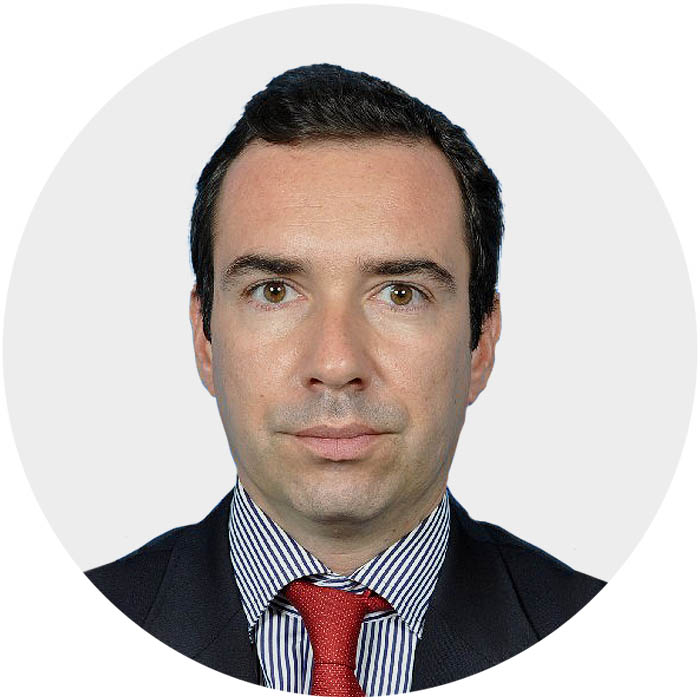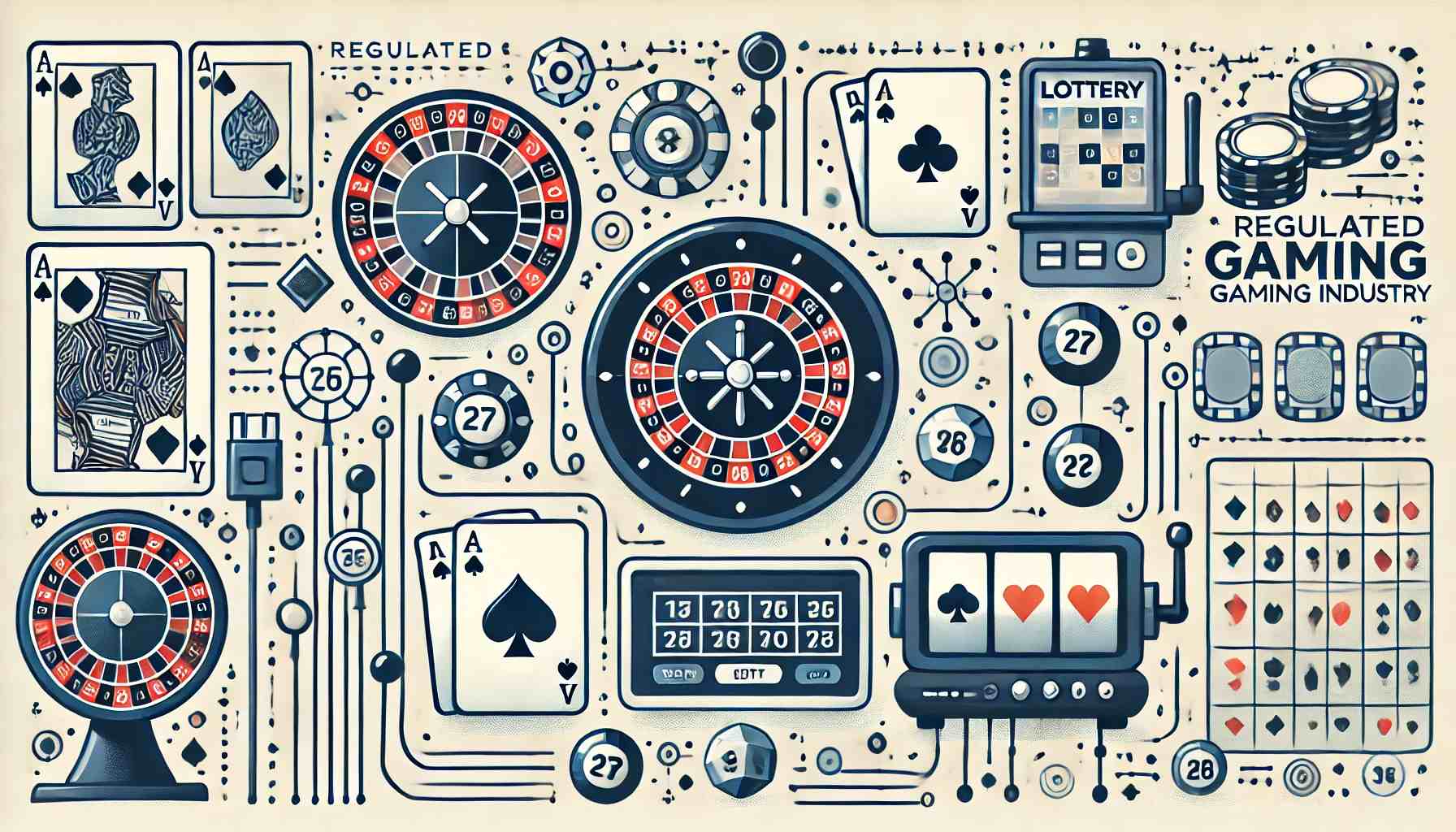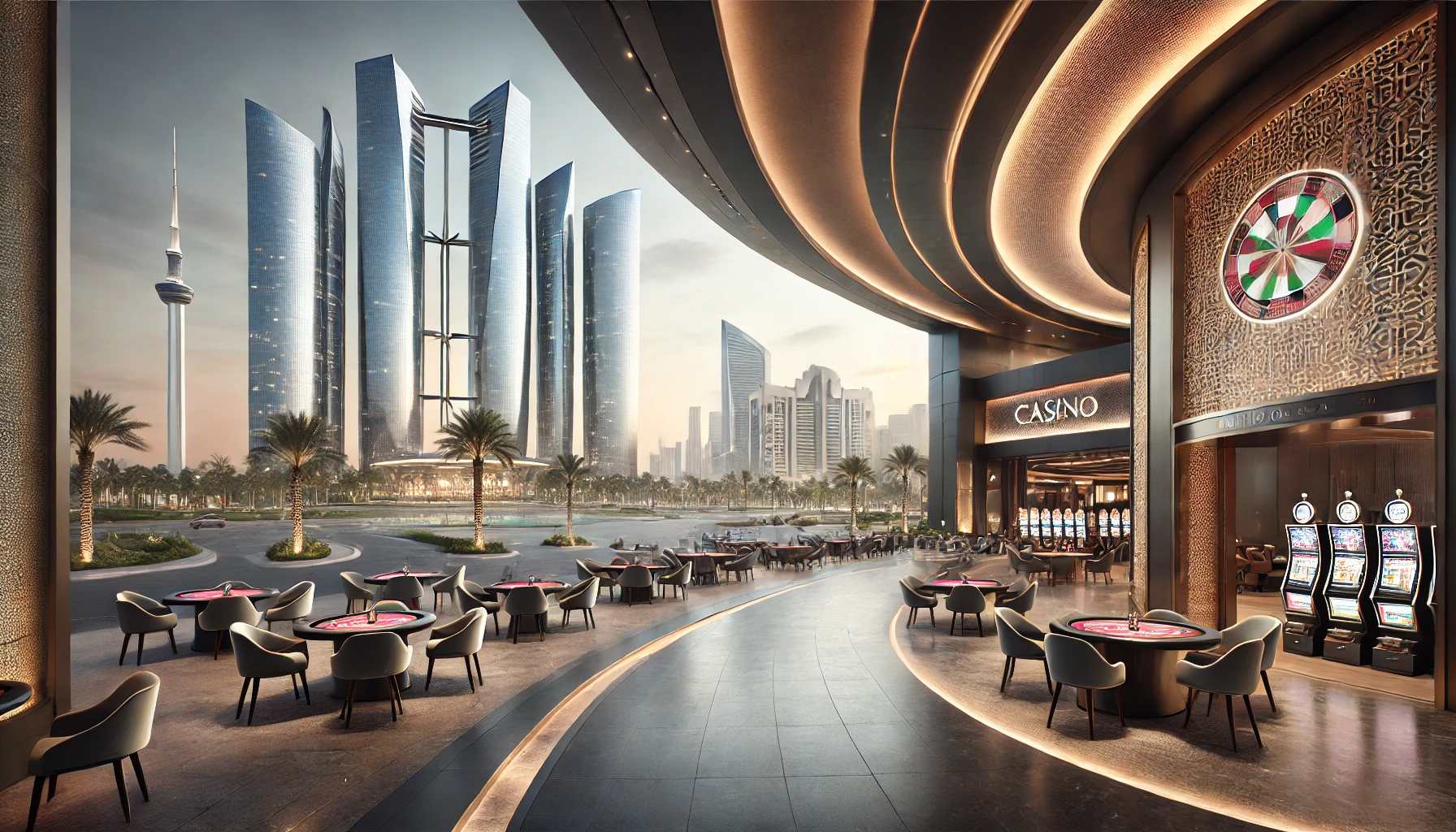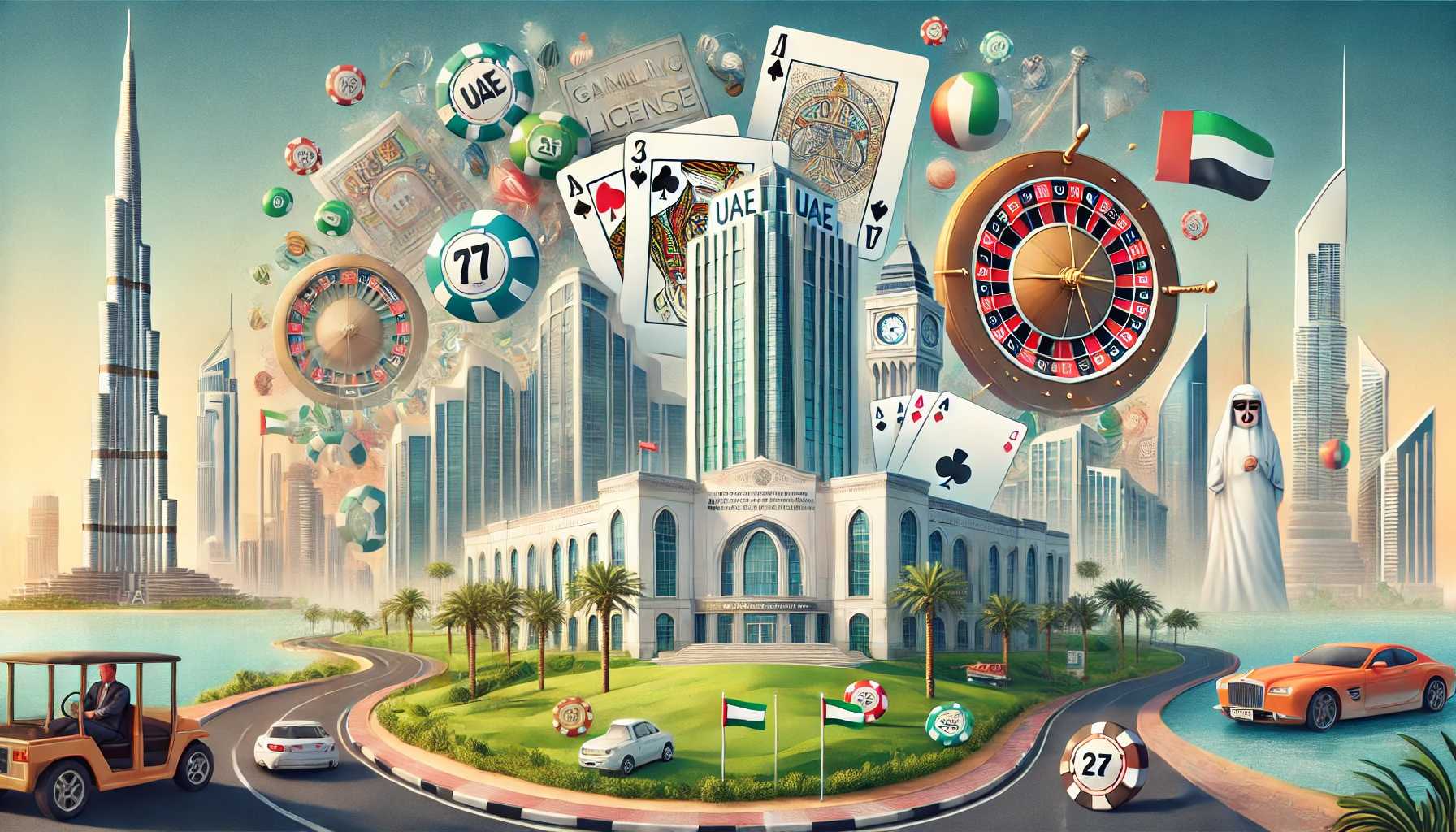Fact checked by
Bruno Ascenção
About Author
Bruno Ascenção is a gaming lawyer with over 20 years of experience.
Over nearly two decades, Bruno witnessed and contributed to the dynamic shifts within Macau’s gaming industry, from the operations of gaming concessionaires to the turbulent decade marked by the rise and fall of gaming promoters.
Written by
Atif Nader
About Author
A native of the UAE with over a decade in the casino industry, Atif Nader stands as a leading voice in iGaming. Graduating from the University of Dubai, he seamlessly merged academic brilliance with his passion for gaming. As a vital contributor to Dubai Casinos, Atif's expert insights guide users throughout their gambling journey, ensuring trustworthiness and strategic play. With Atif on board, you're in expert hands.
Last Update
27 days ago
Last update:
From Macau to UAE: Legal Perspectives with Bruno Ascenção
From Macau to UAE: Legal Perspectives with Bruno Ascenção

Bruno Ascenção is a gaming lawyer with over 20 years of experience.
He moved to Macau in 2005 and became involved in a notable legal case in Nevada, setting the stage for his deep dive into Gaming Law and its intricacies. This case was just the beginning of his extensive involvement in the gaming sector, navigating its complexities and the evolving regulatory environment.
Over nearly two decades, Bruno witnessed and contributed to the dynamic shifts within Macau’s gaming industry, from the operations of gaming concessionaires to the turbulent decade marked by the rise and fall of gaming promoters.
Through his experiences, we interview Bruno to gain insights from his experiences regarding the rapid growth of Macau and his perspective on the legalization of gaming in the UAE.
How Do You Describe the Current State of the Gaming Market in Macau?
After the sovereignty transfer to the People’s Republic of China, the Government of the Macau Special Administrative Region hurried to approve the Gaming Law, aiming to ensure the opening of an international public tender that could end more than 150 years of monopolies and allow the liberalization of the casino gambling market.
Quote
Expert Quote
“Within 5 to 6 years after the liberalization of gambling, Macau unexpectedly became the largest casino gambling market in the world. I say unexpectedly because neither the Government of the People’s Republic of China nor that of Macau could foresee the exponential leap that gambling revenues began to generate.”
Many criticized the legislator’s choice for setting the maximum number of concessions at 3, which was seen as below the idea of liberalizing the gambling market.
Coincidentally or not, unusual circumstances that occurred after the international public tender determined that the Macau Government was led to authorize a total of 3 concessionaires and 3 sub-concessionaires to operate casino gambling games.
Quote
Expert Quote
“In 2022, 20 years after the liberalization of gambling, Macau is undoubtedly a mature jurisdiction in the context of the global land-based casino gambling industry, assuming a leading position in terms of volume of gross gambling revenue generated.”
The new gaming concessions that began in 2023 constitute a transition to a new era, driven by the new public policies of the Government of the Macau Special Administrative Region (MSAR), which propose, in particular, to diversify the economy, aiming to minimize its dependence on the gambling industry and foster other industries, such as tourism, health, finance, high technologies, and exhibitions and conventions.
As the market evolved from a model initially dominated by the VIP player universe to a mass market (“mass-market”), an evolution indicative of the maturity of the local gambling market, similar to what happened in Las Vegas at the end of the nineties of the last century, there was a need to adapt the legislation to this new reality.
The shorter validity of the concessions, which went from 20 to 10 years, as well as the increasing centralization of the policies of the Government of the People’s Republic of China around the structuring principle of safeguarding national security, will impose, indirectly, a more intense regulatory and supervisory activity in the MSAR’s gambling industry.
How Might UAE’s Culturally Sensitive Population React to Gaming Legalization?
Quote
Expert Quote
“I am an advocate that the legalization of gaming is always preferable to its prohibition. The gaming industry does not satisfy a collectively felt individual need. However, it constitutes an instrument for obtaining means that result in the satisfaction of collective needs, which represent an immediate public interest.”
They are generally a factor in accelerating economic progress.
In countries where public policies are dominated by prohibitive religions, such as Islam, the achievement of public policy objectives is even more fundamental.
Public policies in these markets should favor the collection of taxes, job creation for residents, promotion of tourism and/or conventions, stimulation of economic development and growth, and restricting casino entry to residents.
Pros/Cons of Legalization – Can the Economic Impact Potentially Boost Cities Like Dubai?
The demand for gaming worldwide far exceeds the supply.
Accordingly, governments have the capacity to create markets and shape them through legislation.
Governments must first know what they do not want and how to avoid unwanted scenarios.
Quote
Expert Quote
“Although there are other casinos in countries where Islam is the dominant religion, Dubai has a considerable challenge to overcome since religions operate in the realm of belief and not reason.”
In any case, as I mentioned above, a properly formulated (and implemented) public policy is fundamental to justify the legalization of gaming, as long as its benefits are considerably greater than its disadvantages.
There’s Something That UAE Can Learn From Macau?
Macau’s experience is particularly relevant for both the good and the bad that has occurred in this region over the last 20 years.
The much-desired liberalization of gaming in Macau materialized in a maximum of three gaming concessions, which astonished the vast majority of stakeholders in this industry, questioning the reasons that led the legislator to enshrine a numerus clausus and such a limited number of concessions.
In the 2001 international public tender, Macau narrowly avoided a loss of face because it did not properly safeguard the repercussions that the joint proposal of two operators from different jurisdictions (and with antagonistic characteristics) could provoke on the reciprocal interests of the involved parties.
Under the penalty of having to restart a public tender for one of the gaming concessions due to the lack of agreement between the joint proponents, the solution found was to grant one party a concession and the other a sub-concession.
This Solomonic decision led the two remaining concessionaires to demand, in turn, to also be able to sub-concede the gaming operation to third parties, once, unintentionally, moving from a legal forecast of 3 concessionaires to 6 concessionaires and sub-concessionaires.
Macau, which was once nicknamed “The City of the Holy Name of God of Macau” had just performed the miracle of multiplying the concessions!
With this, I intend to emphasize that there is much to learn from the legislative shortcomings of other jurisdictions in this industry.
How Do You View The Growing Trend of Gambling Legalization in Various Jurisdictions Worldwide?
States that have not yet legalized gambling have refrained from doing so due to religious reasons or complex political issues. One example is Thailand, where the prohibition of gambling in its territory has fostered the creation of a powerful underground industry that generates corruption, tax evasion, money laundering, drug trafficking, etc
Quote
Expert Quote
“But here, I find myself repeating: it is better to legalize and ensure more or less effective control of the land-based casino gambling industry than to leave this operation at the mercy of criminal networks that sap the revenues of states and undermine state organs with corruption.”
From an economic standpoint, the legalization of gambling is clearly justified, generally having a more than positive outcome on the respective states’ finances.
The real challenge lies at the level of social cost and the mitigation that must be ensured according to the characteristics of each jurisdiction.
Would You Like to Participate in an Action to Legalize Gaming?
Participating in the development of a regulatory system for any jurisdiction is the greatest challenge any professional in the gaming industry could wish for.
Whether it concerns new jurisdictions such as Japan, Thailand, Brazil, or the UAE, or markets that are already more or less developed like the Philippines or Vietnam, integrating regulatory teams in these markets represents unique opportunities for a lawyer working in this area of law.













